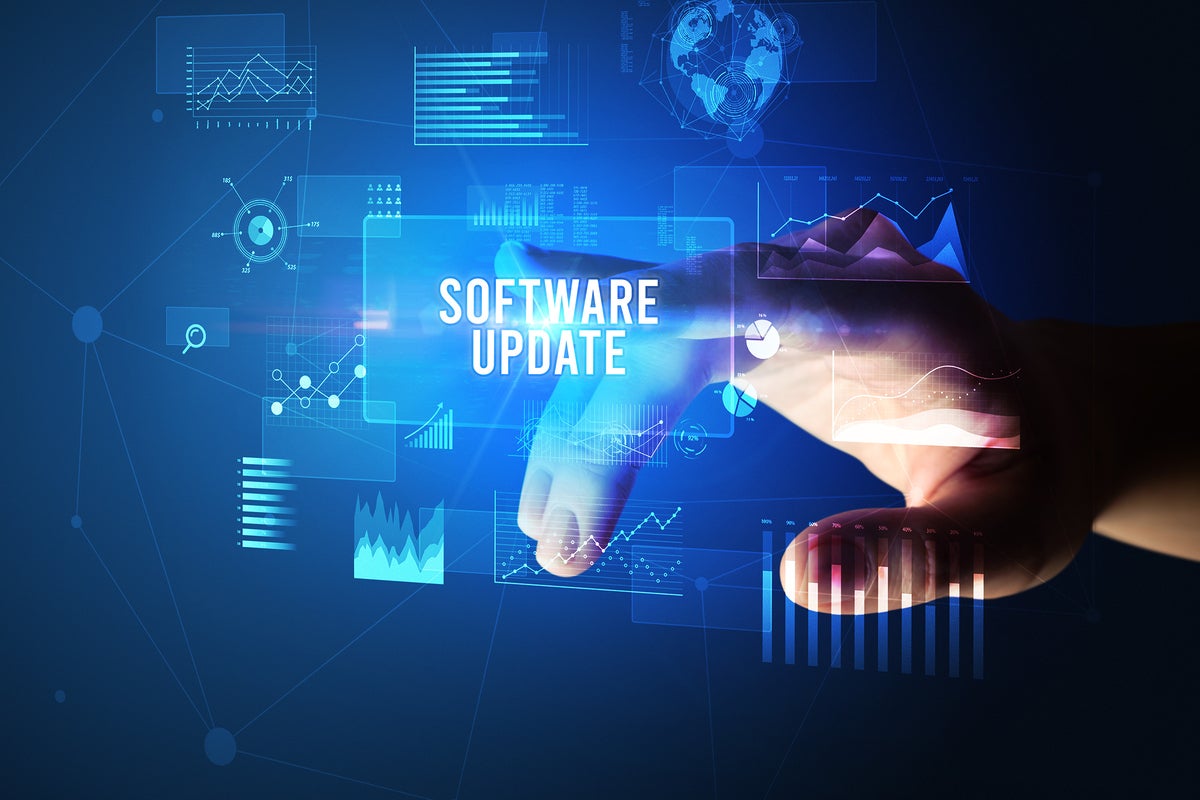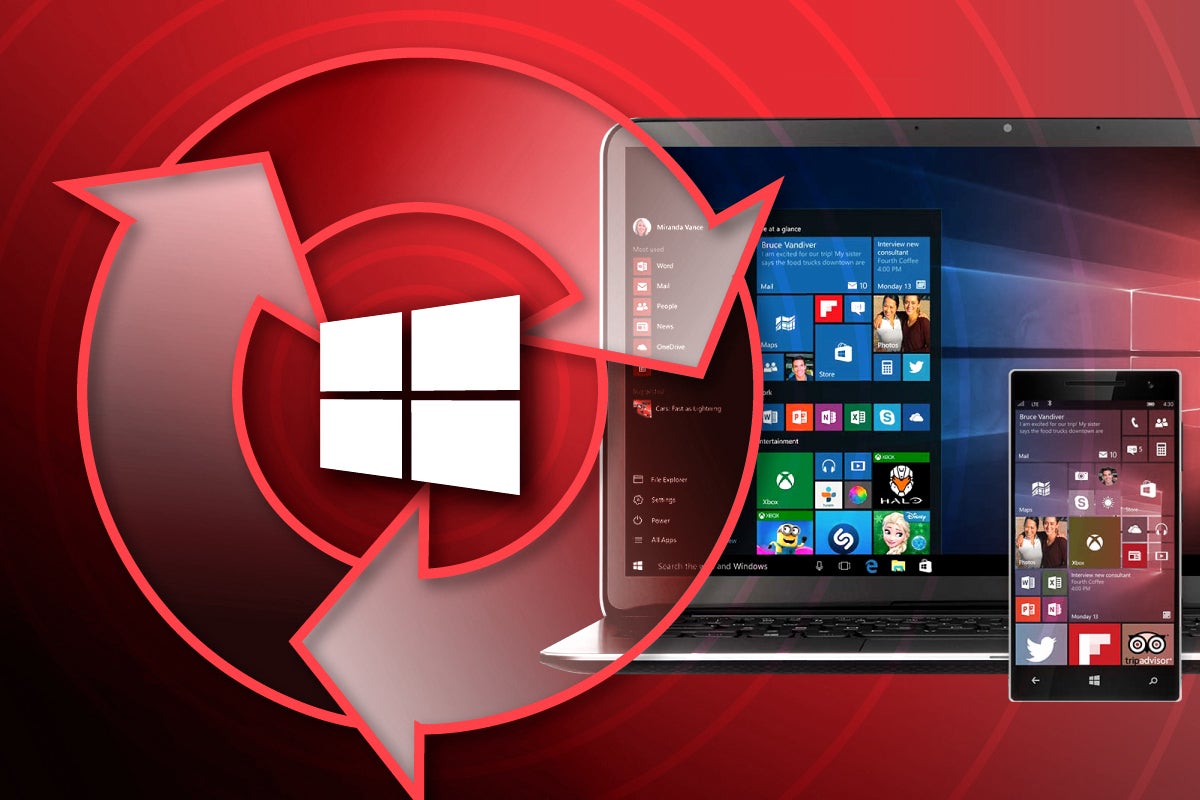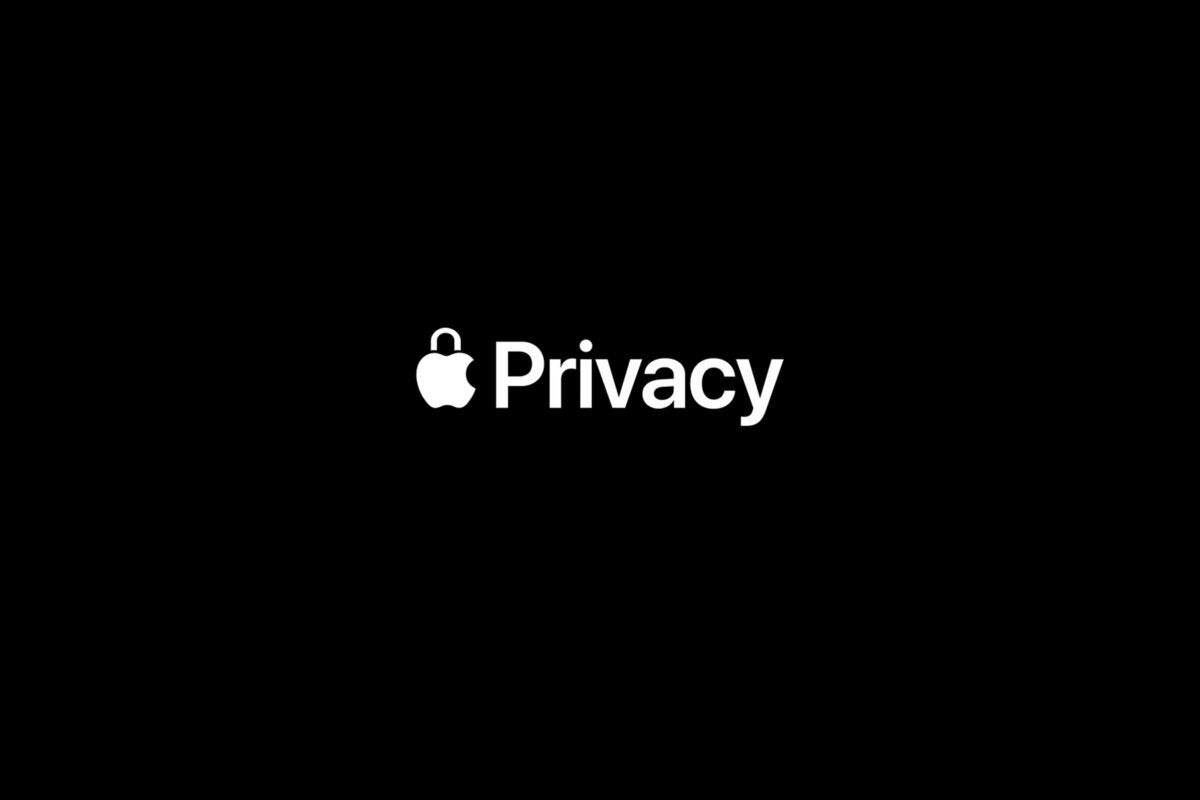Will World War III begin in cyberspace?

Credit to Author: Steven J. Vaughan-Nichols| Date: Tue, 25 Jan 2022 03:00:00 -0800
People die because of cyber wars, even if no bullets are ever fired. Instead, they die in emergency rooms that no longer have power, from broken medical communication networks, and from riots. All of this has happened before. It will happen again. And now, with Russia poised to invade Ukraine and Russian cyberattacks already in motion, we can only hope and pray that what promises to be the first major European war since World War II doesn’t spark the next World War.
If it does, I fear the proximate cause won’t be Russian T-90 main battle tanks trying to smash their way into Ukraine’s capital, Kyiv. It will be the Russian GRU Sandworm hacking group launching a cyberattack that perhaps wrecks the European Union power grid; or knocks out major US internet sites such as Google, Facebook, and Microsoft; or stops 4G and 5G cellular services in their tracks.








